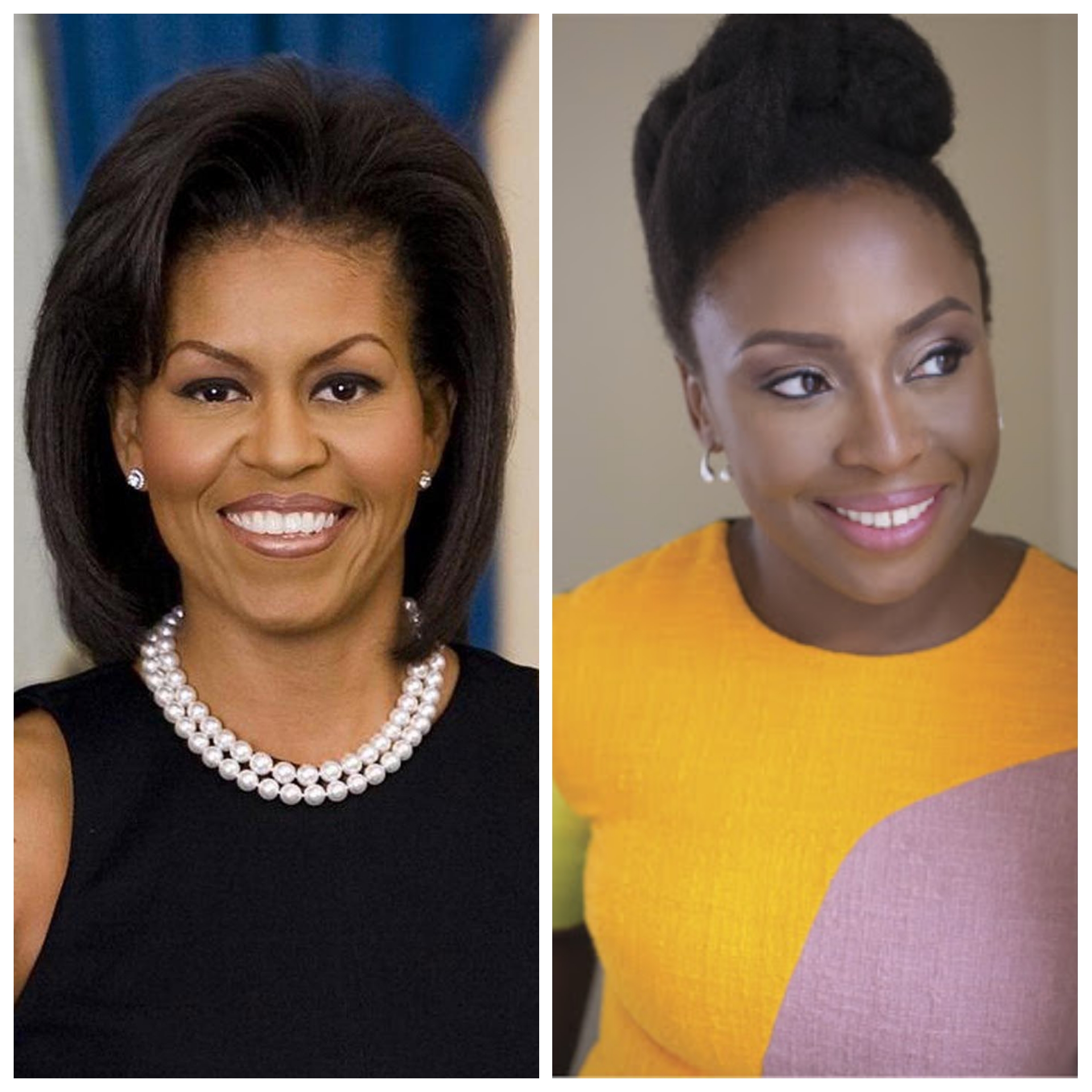
Africa
A Brighter Tomorrow through African Educational Partnerships and Student Exchanges
By Yaya Moussa
Investing in education is not merely a choice but a necessity, and a path towards a brighter future. While the idea of educational partnerships and student exchanges is not new, there is a compelling argument for nurturing the transformative power of these programs.
The benefits of these programs are not limited to individual growth, extending to the economic and diplomatic realms. International experience further prepares students for the global workforce, a critical asset in today’s interconnected world.
Global partnerships
Exchange programs serve as effective tools in building international bridges, influencing diplomatic decisions, and advancing economic interests. A report by Universities UK International in 2017 found that participants in exchange programs experience a 20% higher likelihood of securing employment within six months of graduation, a golden ticket of boosted career prospects.
However, these skills do not stop at economics; they also help make friends across borders, fostering better international relationships. Academic Abdullah Atalar highlights their impact on global interactions, defending that, in the 21st-century era of globalisation, businesses seek employees with skills that enhance international market competitiveness and the ability to interact with people from diverse cultures and backgrounds.
China’s two-way engagement with African students exemplified this impact, with Ghana, Nigeria, Tanzania, Zambia, and Zimbabwe ranking as the top five African countries sending students to China, and approximately half a million international students in China were from Africa alone. This interaction and mobility will contribute positively to Sino-African diplomatic engagement for decades to come, and is a model others should follow.
African Students and Global Competitiveness
African students stand to gain significantly from exposure to diverse educational systems and approaches, providing them with a competitive edge in the global job market. Recent findings from the Institute for the Study of Labour indicate that African leaders who have some education abroad have a more positive impact on their country’s political, civic, and economic growth, attracting more sustained foreign investment to their home countries compared to those trained exclusively locally.
It is about much more than just getting a degree; it’s about building social capital, the web of social relationships that extends education into the professional world—a key factor in driving economic development and attracting FDI to Africa.
.
Fast forward to the present, and education in Africa is once again drawing attention from other continents, albeit with a current emphasis on ‘partnerships’ rather than aid, with initiatives like Student Exchange Africa, where medical students engage in gaining clinical experience in public hospitals, enriching their academic journey and contributing towards the local communities by strengthening healthcare infrastructure.
Regional exchanges
The Africa Regional International Staff/Student Exchange: Food Security and Sustainable Human Wellbeing (ARISE II) Programme is a shining example, focusing on agriculture, food security, and health services and is committed to enhancing mobility and research throughout the four regions of Africa, promoting gender equality in education and contributing to sustainable community development.
While global student exchanges have brought significant benefits, the potential for equally advantageous opportunities lies in harnessing regional exchanges within Africa and promoting educational and sustainable development on the continent.
The Africa Regional International Staff/Student Exchange: Food Security and Sustainable Human Wellbeing (ARISE II) Programme is a shining example, focusing on agriculture, food security, and health services and is committed to enhancing mobility and research throughout the four regions of Africa, promoting gender equality in education, and contributing to sustainable community development.
The Intra-Africa Academic Mobility Scheme (2022 – 2027), part of the Youth Mobility for Africa initiative, hosted by the European Commission aims to enhance Africa’s development. Focusing on competencies in climate change and green sectors, the program addresses capacity-building, cooperation with businesses, knowledge transfer, and many more skills that contribute towards Africa’s long-term educational and sustainable development.
Overcoming Challenges and Ensuring Long-Term Impact
Despite the promise of intra-African exchange programs, challenges such as financial constraints, logistical issues, language barriers, and visa restrictions persist, especially in the wake of the Covid-19 pandemic. The crisis led to the suspension of exchange programs, causing the elimination of positions and permanent closures of programs and has prompted discussions about ‘virtual’ study abroad experiences.
As institutions grapple with change, the role of international programs may be reevaluated, shifting perceptions from revenue generators to resource drains. The experience has raised essential questions about the nature and purpose of student exchange programs, the development of intercultural competency, and the meaning of ‘internationalisation’ at its core.
By addressing these challenges head-on, Africa can fortify intra-continental exchange programs, transforming them into not just a cornerstone of the continent’s cultural and political unity but also a driving force for lasting growth and development.
This article is written by Yaya Moussa, the founder of Africa Prime, an online video streaming service that provides African talent with a platform to showcase their work internationally, and the Africa Prime Initiative (API), a philanthropic project that provides grant funding to African artists. He has also held various positions in finance, including several roles at the International Monetary Fund (IMF)




Recent Comments